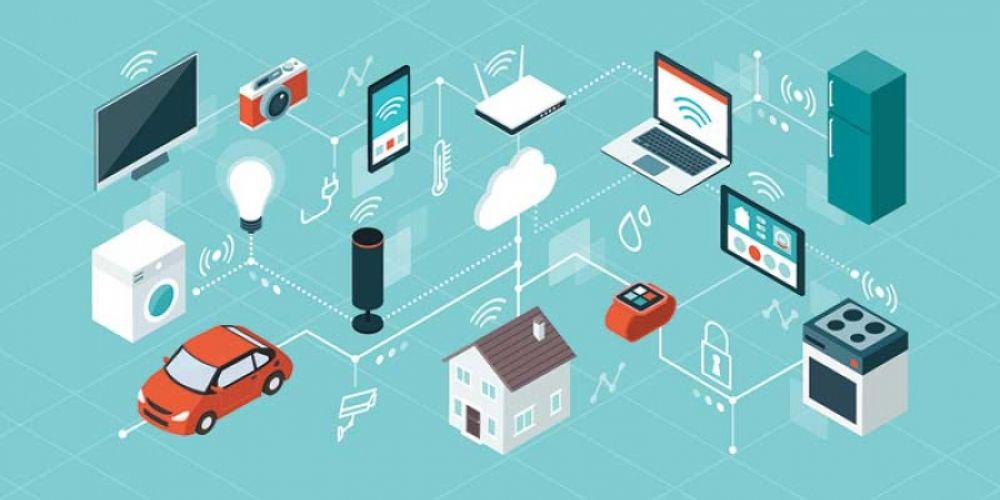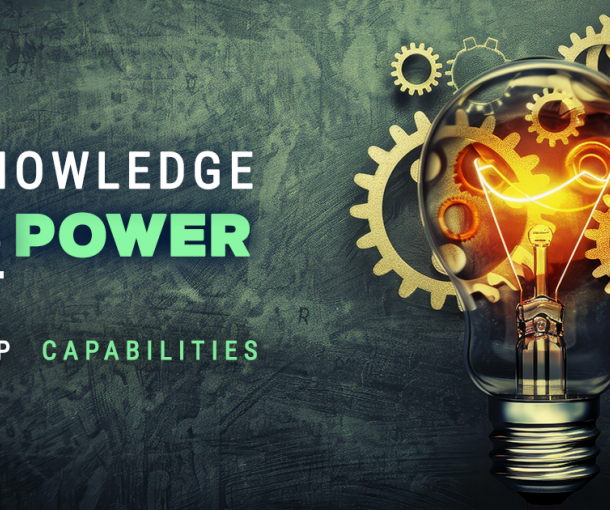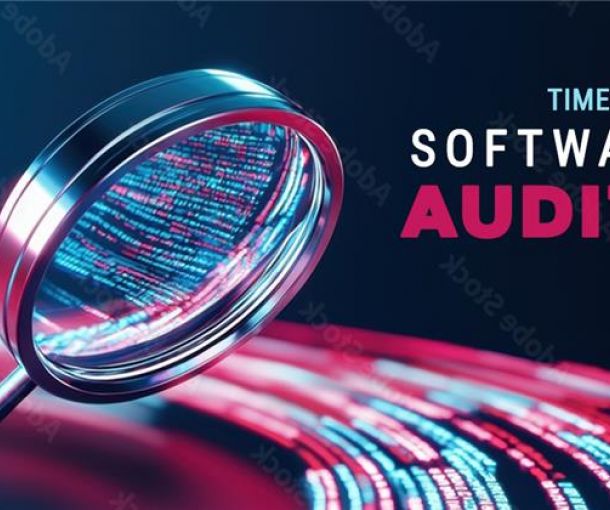
10 Ways the Internet of Things Will Transform Your Life
1. THE INTERNET WILL BECOME EVEN MORE INTERCONNECTED
Currently, most devices, apps, and websites work independently of each other. However, as the IoT grows, the digital world will become more of an extensive ecosystem. This Internet ecosystem will be built on smart devices that are connected to central hubs to make sharing data across platforms faster and more straightforward.
2. SMART APPLIANCES WILL DO MUNDANE CHORES FOR YOU
In the future, your smart appliances will be capable of doing many of the mundane chores that are currently your responsibility. For example, smart refrigerators will manage your grocery lists. Your fridge will take inventory and inform you when you are low on certain food items, and you’ll even be able to set it to (automatically) reorder specific grocery items for you when they’re running low.
3. CLOUD COMPUTING WILL CONTINUE TO GROW
The most effective way to facilitate the rapid growth of the IoT is through the use of cloud-based platforms. That’s because your smart devices must be able to run cloud-based apps so that they can stay connected, wherever you go. Therefore, as the IoT keeps expanding, cloud-based platforms will grow too.
4. CUTTING EDGE HEALTHCARE INNOVATIONS
The IoT will enable doctors and hospitals to monitor patient health in real-time via connected medical devices and sensors. The medical data gathered by the devices will be immediately analyzed by machine learning algorithms. Then, those algorithms can provide health professionals with the most current medical conditions, as well as suggest the best treatment options.
5. REDUCED TRAFFIC CONGESTION
If you drive in a city, then you have most likely experienced being stuck in a traffic jam. Luckily, cities are installing traffic sensors that are placed on streets and at intersections to alleviate potential traffic headaches by controlling stoplights. For instance, let’s say that the flow of traffic is heavier in one direction than another. Stoplights could then be automatically adjusted in real-time to ease the congestion.
6. ENERGY CONSUMPTION AND DISTRIBUTION WILL CHANGE
The IoT will spur more energy conservation, in addition to making the distribution of power more efficient. First, smart appliances run on less power, which means they have a smaller carbon footprint than traditional appliances. Secondly, many technology and energy experts are proposing the construction of a smart grid that would distribute power more efficiently and reliably, which could also result in fewer unpredictable blackouts.
7. GREATER FOOD SUPPLY
Food insecurity is still a significant concern for our growing (7 billion+) global population. Thankfully, as farmers incorporate smart technology into their farms, food production will become more abundant. For example, farmers will use agriculture sensors that provide them with real-time data on crop conditions including everything from the amount of sunlight to the level of moisture in the soil. They can then analyze the data to find the best way to manage their crops.
8. THE WAY YOU SHOP WILL CHANGE
Online shopping has forever changed the retail industry. However, the IoT will change how we shop again. Currently, consumers don’t have many reliable options for checking to see if a product will be available at a store. Yes, many retailers have websites that you can scour to determine whether or not an item is in stock at a specific retail location. However, their sites are not always accessing the most current or accurate inventory data. Connected smart devices will be able to browse inventory availability on your behalf, sparing you the frustration of a fruitless trip.
9. GREATER CYBERSECURITY THREATS
Unfortunately, not all changes resulting from the IoT will be positive. A greater reliance on connected smart devices means that you will inevitably face greater cybersecurity threats. For example, hackers are poised to create malware that will be able to infect smart devices to harvest personal data. Also, cyberattacks could cripple vital infrastructure dependent on smart sensors and the IoT.
10. YOUR WORLD WILL BECOME SMARTER
Finally, the IoT means that you will live in a “smart” world. Eventually, every electronic device you use will be connected to a central hub (you) that will enable you to customize settings based on your unique needs. For example, you might sleep on a smart mattress that can analyze your sleeping patterns to give you a better night’s sleep. Your toothbrush will soon be able to identify cavities and will notify you when it’s time to call the dentist.
In short, it’s almost impossible to imagine the multitude of ways the IoT will change everyday life. However, your life will definitely become more connected to the devices with which you interact. It will become increasingly difficult to disconnect entirely from the Internet.
Interactions with technology will evolve, from the way you shop to the way you receive healthcare. In many areas, connected smart devices will make your life easier by eliminating mundane, repetitive chores. Unfortunately, this transformation may also make you more vulnerable to cybersecurity threats. Overall, the world you live in will be smarter and, hopefully, will make your day-to-day life easier, healthier, and more convenient.


